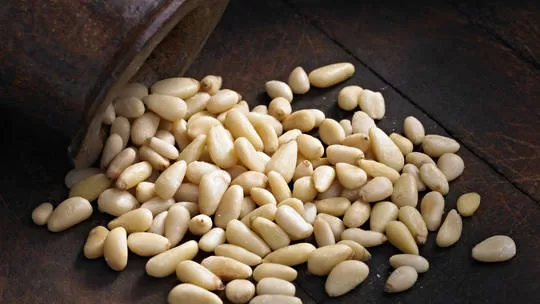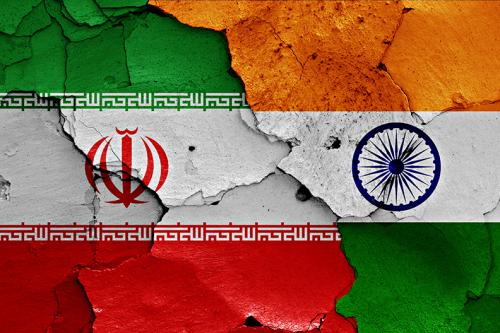Russian Prime Minister Mikhail Mishustin has signed a decree to include Korean pine nuts in the national list of strategically important goods and resources. The document was published on the Russian government’s official website for legislation.
The designation means that the smuggling of Korean pine nuts, either shelled or unshelled, will be considered a criminal offense and will be punishable by up to 12 years in prison.
Read more: US’ Blinken tells Russia to stop using Black Sea grain deal as ‘blackmail’
The initiative to add the foodstuff to the list of strategically valuable resources was initially proposed by Oleg Kozhemyako, governor of the far eastern Russian region of Primorsky Krai, which borders China and North Korea.
In a document addressed to President Vladimir Putin, Kozhemyako argued that the role of pine nuts was not limited to being a valuable resource for the economy, but that they also form an important food base for animals in the region. The governor noted that at the top of the local food chain sits the endangered Amur tiger species.
According to Kozhemyako, the volume of pine nuts harvested in the region is consistently close to the limits of its cedar forests. He pointed out that due to gaps in the current legislation, the forests are subjected to virtually uncontrolled industrial harvesting.
Additionally, those collecting the nuts often do so using “predatory methods” without waiting for the cones to properly ripen, and often cause damage to the crowns and trunks of trees while harvesting.
Commenting on the inclusion of Korean pine nuts in the list of strategically important goods, Krasnodar’s minister of forestry and wildlife protection, Konstantin Stepanov, emphasized that the new legislation is only aimed at regulating exports and does not prohibit regular citizens from collecting and harvesting the nuts.
However, the situation is set to change for businesses, with hopes that limiting exports and keeping the processing of all harvested pine nuts within the country will significantly increase the added value of the final product, Stepanov said.
“Changing the rules of the game should help improve the condition of the cedar forests and reduce the volume of illegal harvesting of pine nuts using barbaric methods,” the minister added.
Read more: Russia considers exiting nuclear test ban deal














